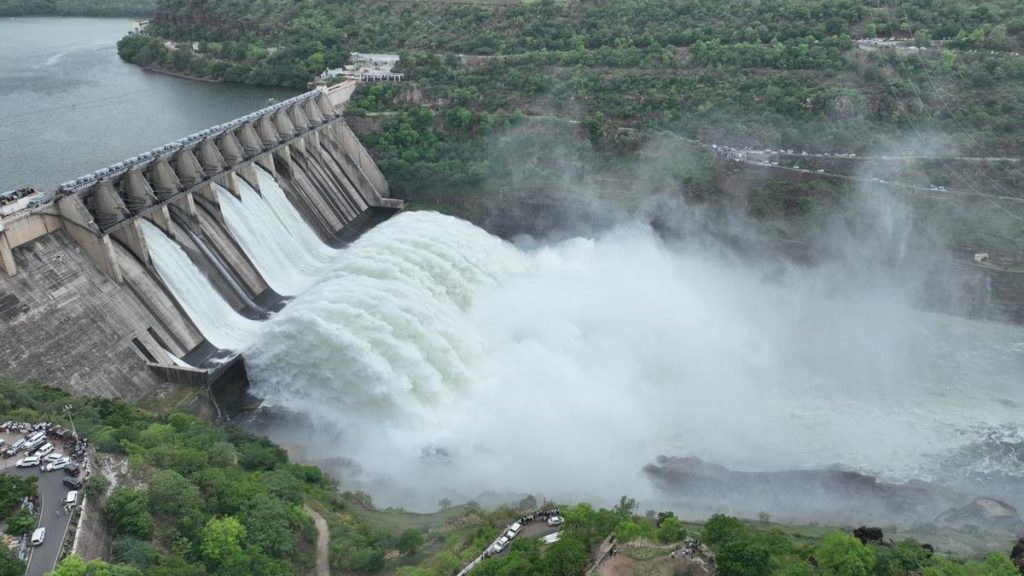Now Reading: 10 Chilling Moments from the Year Without a Summer
-
01
10 Chilling Moments from the Year Without a Summer
10 Chilling Moments from the Year Without a Summer

Speedy Summary
- Event: Mount Tambora eruption (April 10, 1815) in the Dutch East Indies caused the largest volcanic explosion in recorded history, wiht a column of debris reaching 25 miles into the sky.
- Immediate Impact: Killed approximately 90,000-117,000 people due to pyroclastic flows,tsunamis,famine,and disease.
- Global Consequences (1816): Known as “Year Without a Summer,” cold whether blanketed the Northern Hemisphere due to volcanic aerosols blocking sunlight.
- Asia: Monsoon disruptions led to droughts and famine in India; Yunnan province saw rice crop failures and famine-induced opium cultivation; cholera pandemic began in Bengal and spread globally from British troop movements.
- Europe: Widespread food shortages triggered famines (e.g., SwitzerlandS national emergency), socio-political unrest (“Bread or Blood!” riots), price hikes leading to protectionist policies like grain tariffs.Roughly 200,000 fatalities across Europe. Charities and soup kitchens emerged alongside debates on welfare reform.
- United States: crop failures in New England prompted migrations westward to Ohio/Indiana/Illinois during worsening starvation conditions. Joseph Smith Sr.’s migration inspired Mormonism’s eventual rise during religious revival movements linked indirectly with post-apocalypse survival themes.
- Societal Effects: Panic ensued from superstitions like doomsday predictions tied to sunspots or Napoleonic War smoke emissions until Tambora was identified later as the cause. This period also fueled notable artistic responses (Turner paintings).
[Images: Linked media thumbnails provided]
Indian Opinion Analysis
India’s experience during “The Year Without Summer” highlights vulnerabilities tied closely to climatic anomalies affecting critical systems such as agriculture. The disruption of monsoons-a lifeblood for Indian farmers-underscores how dependent agriculture remains on consistent weather cycles. Tabora exemplifies how global events originating far away can have cascading effects across interconnected atmospheric systems.
The drought-induced shift toward opium cultivation marks a historical turning point that not only reflects human adaptability but also underscores detrimental impacts on livelihoods and future geopolitical consequences arising out of drug trade expansion-as a notable example China’s Opium Wars decades later.
Such events are reminders for contemporary India regarding climate resilience measures amid increasingly erratic weather patterns influenced by both natural disasters and anthropogenic activities driving climate change today. Investments in adaptive strategies for agriculture-including water management technology-remain crucial as temperatures continue their upward trend beyond what societies faced during tambora’s fallout.

























